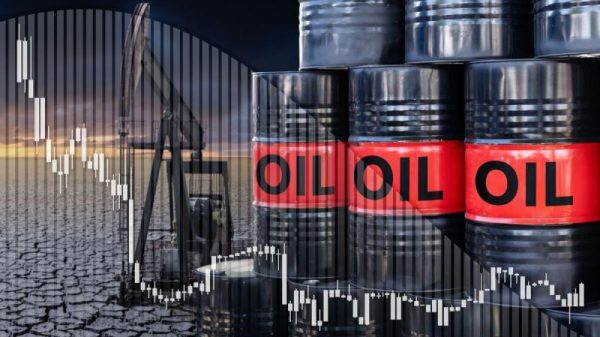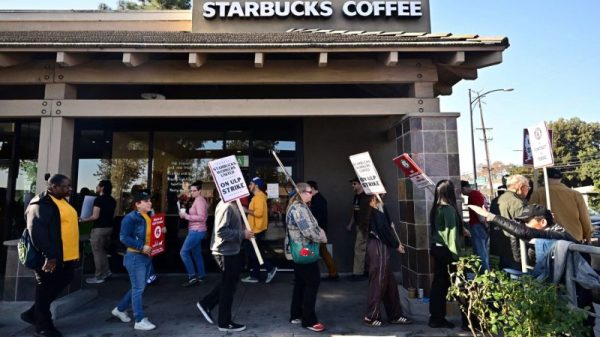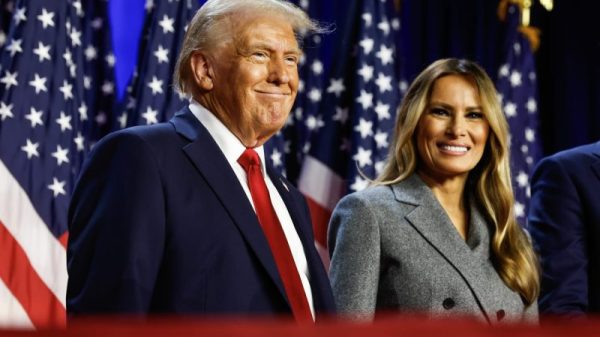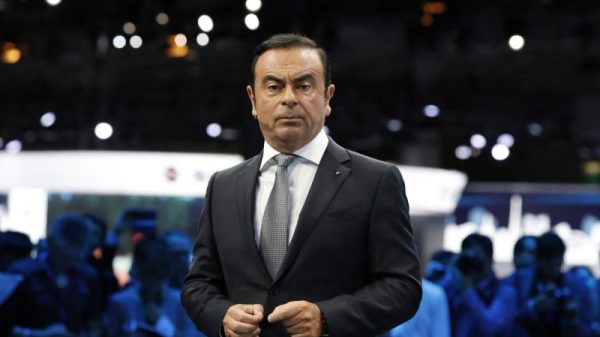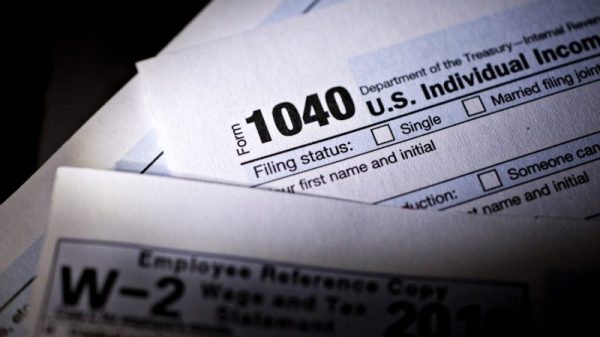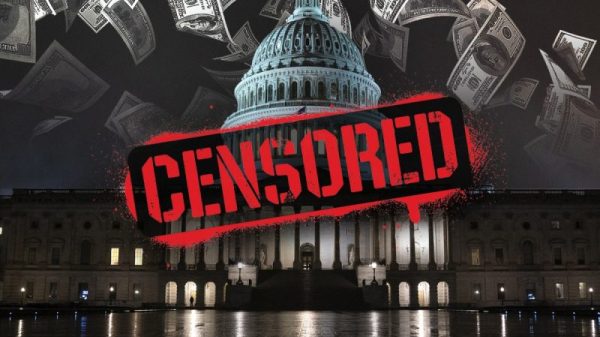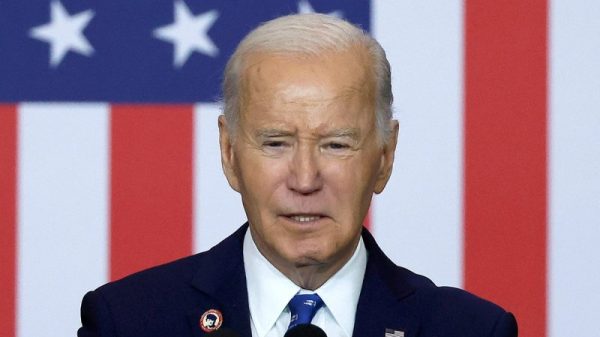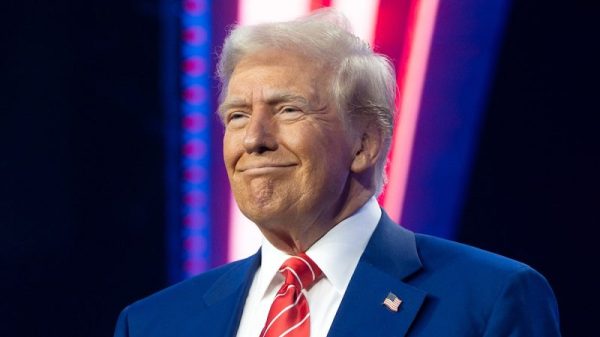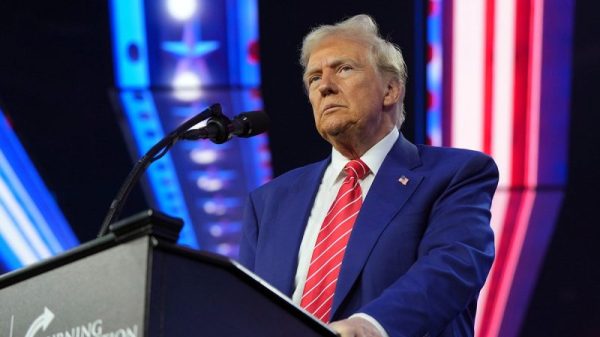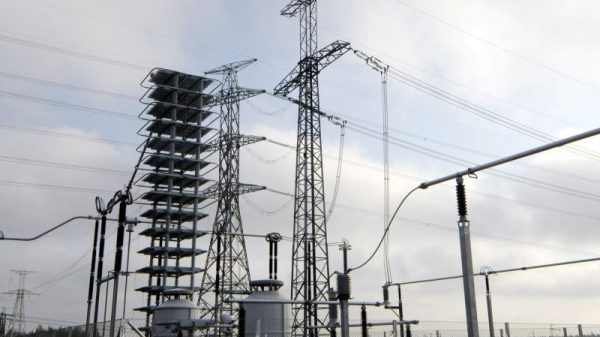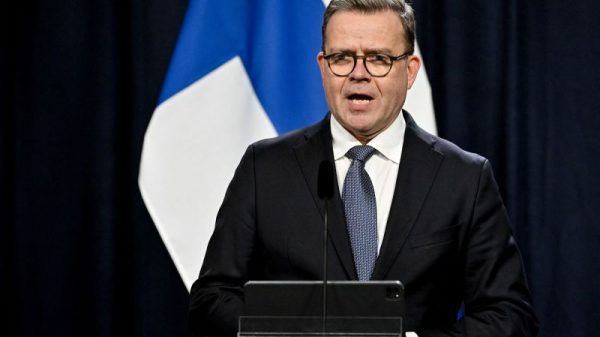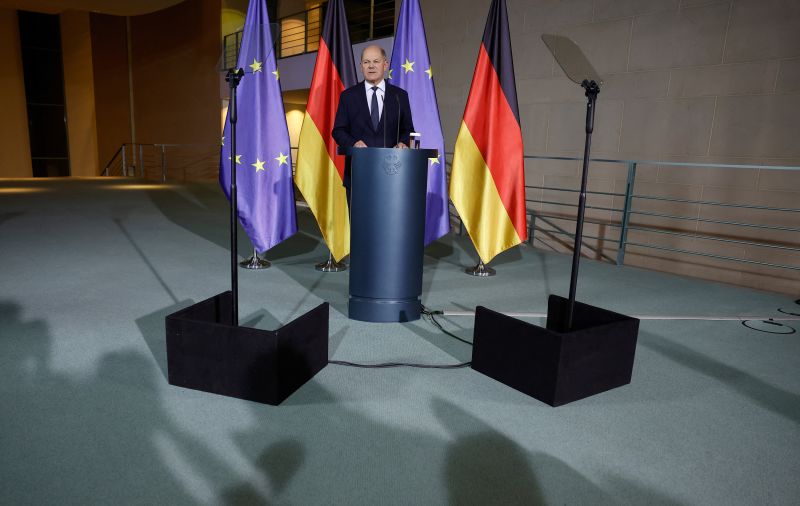German Chancellor Olaf Scholz fired his finance minister on Wednesday, leaving the government teetering on the brink of collapse.
In a televised address, Scholz said he had dismissed Finance Minister Christian Lindner saying it “was necessary to prevent harm to our country.”
The firing came after days of political negotiation between the key members of Germany’s ruling “traffic light” coalition government – Scholz of the Social Democratic Party, Lindner of the Free Democratic Party, and Robert Habeck of the Green Party.
Following the announcement, which comes amid fears that an incoming Trump administration could spell bad news for an already ailing German economy, Lindner’s Free Democratic Party said it had left the coalition but Habeck said the Greens would remain.
Scholz said he would now call a confidence vote for January 15, which could allow elections to be held by the end of March next year. He said he would remain in office until January 15 and attempt to get the most important legislation done, suggesting he would talk to opposition leader Friedrich Merz’ of the Christian Democratic Union (CDU) to pass legislation relating to the economy and defense. “The economy cannot wait until after the elections,” Scholz said.
The so-called “traffic light crisis,” as it is known locally in reference to the the colors of the governing coalition, was triggered by competing views on the future of Germany’s economy among the three partners.
Prior to his firing, Lindner had triggered days of wrangling with the publication of an 18-page economic paper published last week, entitled “Germany’s economic turnaround.” It had been described in German media as the coalition’s divorce papers, as its tone and contents appear distinctly at odds with the positions of his government partners.
In the detailed document, which advocates for tax cuts, Lindner said “an economic turnaround with a partly fundamental revision of key political decisions is necessary in order to avert damage to Germany as a business location.”
Aside from the divides it reveals with his coalition partners, cynics are also suggesting that Lindner’s paper looks like a campaign manifesto. Before Wednesday’s developments, Germany’s next scheduled elections were due to take place in September 2025.
The last time Germany had snap elections was in 2005, when they were called by Chancellor Gerhard Schroder, who subsequently lost to Angela Merkel.
Scholz told the press conference Wednesday that “Lindner showed no willingness to implement any of our proposals” and, therefore, “there is no trust basis for any future cooperation” with the outgoing finance minister.
The Chancellor also accused the finance minister of being “not about serving the common good but about serving his own clientele and party.”
According to Scholz, Lindner will also be dismissed by the country’s President Frank-Walter Steinmeier.
Speaking to reporters later Wednesday, Lindner said he had “recommended early elections as a solution to the budget impasse” – a proposal he said Scholz rejected.
Lindner also accused Scholz of having asked him to pause the “debt brake” – a constitutional article that prevents the government from borrowing excessively and amassing debt – something Lindner said he was not willing to do.
“After the US elections we need to show we can be relied on,” Scholz said, adding that “great financial room for maneuver” is needed given the challenges that Germany faces.
The news has been welcomed by far-right Alternative for Germany (AfD) party.
“The end of the traffic light coalition is a liberation for our country. The end of the self-proclaimed ‘progressive coalition’ that took Germany to the brink of economic ruin was more than overdue,” its leader Alice Weidel posted on X.
This is a breaking news story. More to come.





